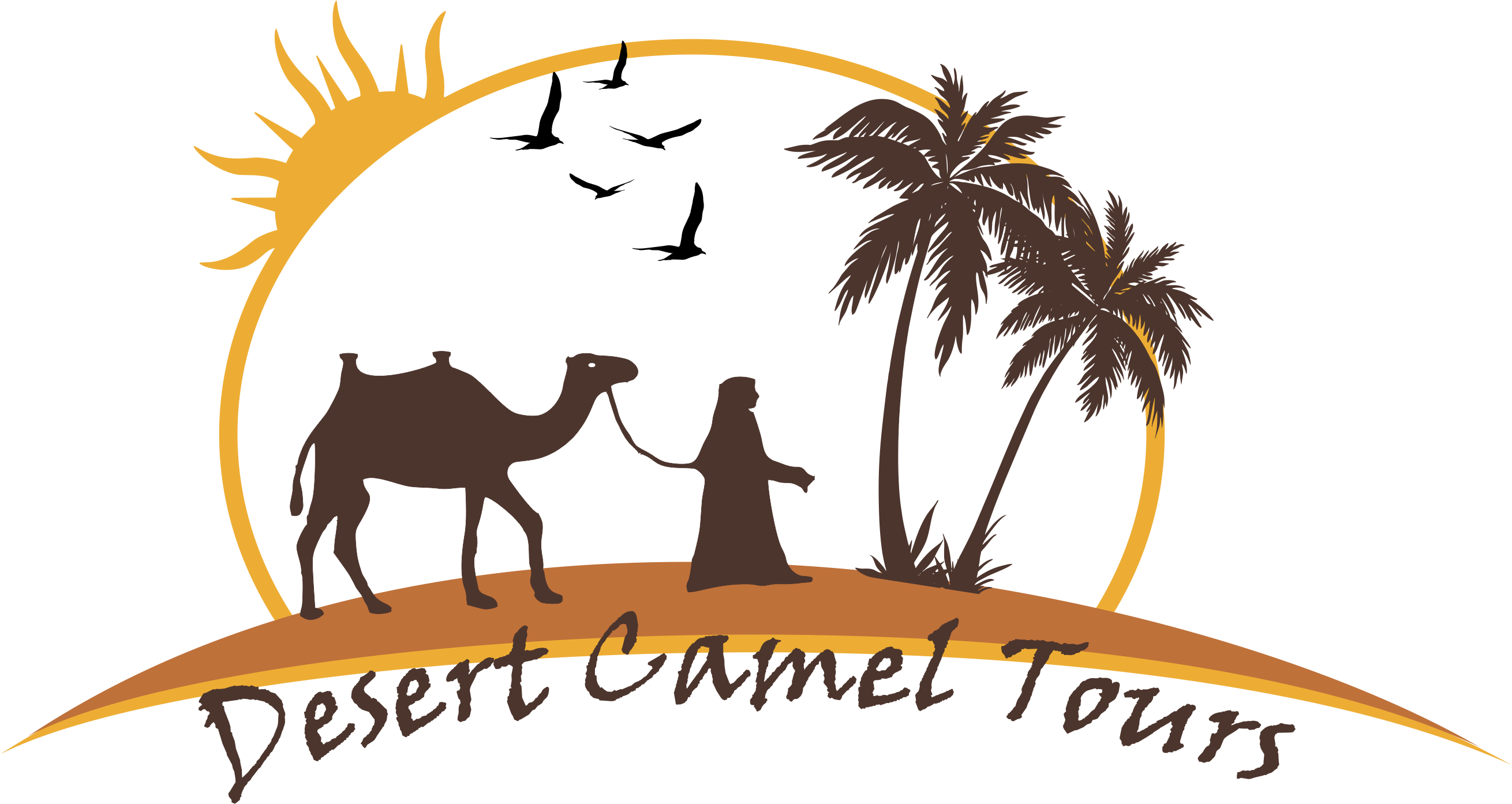Country Demographics :
- Arab Name: Al Maghreb (“The West”)
- Political Capital: Rabat
- Economic Capital: Casablanca (the largest city in population and physical scale)
- Political Leader: King Mohammed VI; Constitutional Monarchy
- Area: 445,050 km2
- Population: 34 million
- Official Language: Arabic
- Popular Spoken Languages: Dialectal Arabic, Berber, French, and Spanish. Many Moroccans can effectively communicate in English, German, Italian and other languages. English was recently added to High School curriculum.
- Religion: Islam
- Money: Dirham
- Calling Code: 212
- Electrical Voltage: 220v, sockets take 2-pronged European style plugs.
- Health: No vaccinations are required for Morocco travel. It is advisable to drink bottled water
Money :
The currency of Morocco is Dirham (MAD). Dirham is not traded internationally and therefore you can not legally obtain Dirham outside of Morocco. It is very difficult and the exchange rate is high. The easiest way to obtain Dirham is through ATM machines while touring Morocco, a common fixture anywhere in the country. There are also plenty of Exchange bureau in all major cities as well as at the airport upon arrival. We strongly recommend to sell your dirhams before you leave Morocco as you will not be able to trade them after return to your country. Euros are widely accept it in Morocco as payment, but the remaining change might be return to you in Dirhams. Credit cards are accepted at main tourist centers with a surcharge of about 5% drawn from Moroccan based businesses. For currency convert you can use universal currency converter.
Visas :
Citizen of USA and European Union, Canada, Australia, New Zealand and others do not need a visa to enter Morocco for a stay less than three months. Visitors on their morocco travel are required to have taken possession their current passports for no less than six months prior to their date of entry. Upon entry to Morocco, visitors are required to fill out a landing card with an address of residence while staying in Morocco. For more information go to Visa and Passport info for when travelling to Morocco.
Traveling around Morocco :
Traveling by train in Morocco is efficient, cheap and comfortable. We believe it is a better option than travelling by bus. Overnight express trains are available to select destinations (Tangier to Marrakech, etc..). For schedules and fares go to National Office of the Railroads of Morocco. Morocco travel for long distance buses are usually air-conditioned and comfortable Tickets can be purchased at the bus depots. The most popular bus company are Supratours, CTM and SATAS. Petit (in town) or grand (between towns) taxis should have a meter reader to gauge fares. Otherwise, negotiate the price in advance. Be clear and upfront with drivers to establish a fair cost and prevent gauging. The minimum driving age is 21. Moroccan roads are patrolled by police and customs roadblocks are not uncommon. Car hire in Morocco can be expensive. Royal Air Maroc connects Casablanca with many airports such as Ouarzazate, Zagora, Errachidia, Agadir, Dakhla, Tangier and many others. Some cities are connected by several daily flights others by one flight a day or even only 2 or 3 times flights a week.
Trekking in Sahara desert :
Your guides will advise you of what you should bring for a desert excursion. The following list includes the basic essentials needed on a trekking trip in the Sahara desert:
- Sleeping bag, recommended for tours for more than 2 nights
- Warm clothing for evenings and nights in winter, during day it is still agreeable (T-Shirt)
- Chech: To protect you face against wind and sun
- Pocket knife
- Sneakers (preferred over hiking boots. Avoid heavy trekking shoes on camels) and extra socks
- Strong sun block, lip balm, UV safe sun glasses, a portable first aid kit, canteen of water
- Something to read, a journal for writing.



